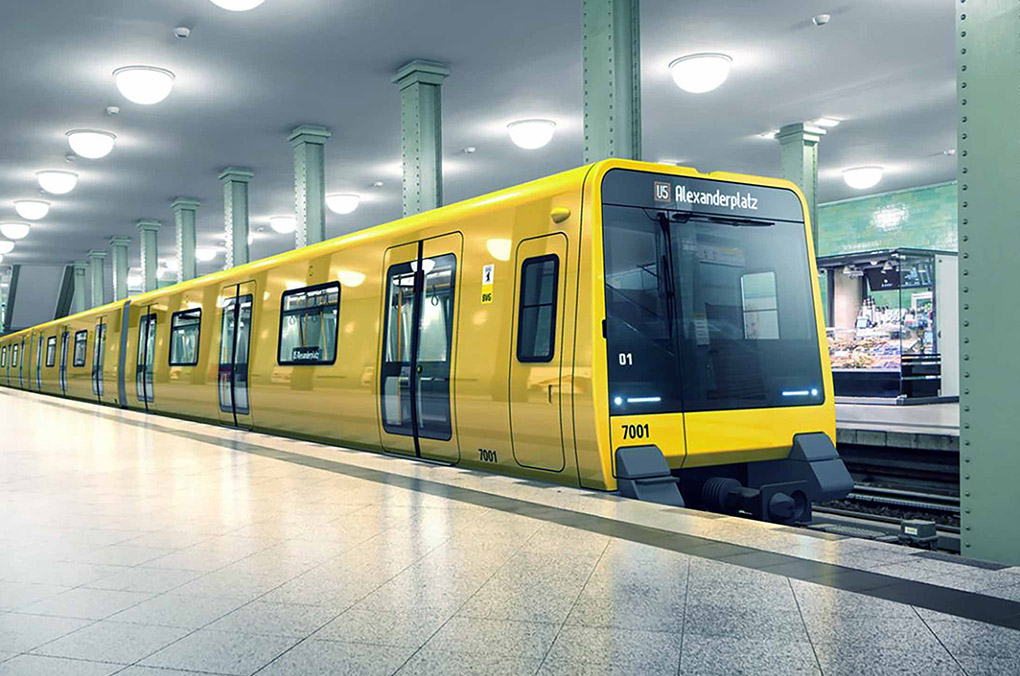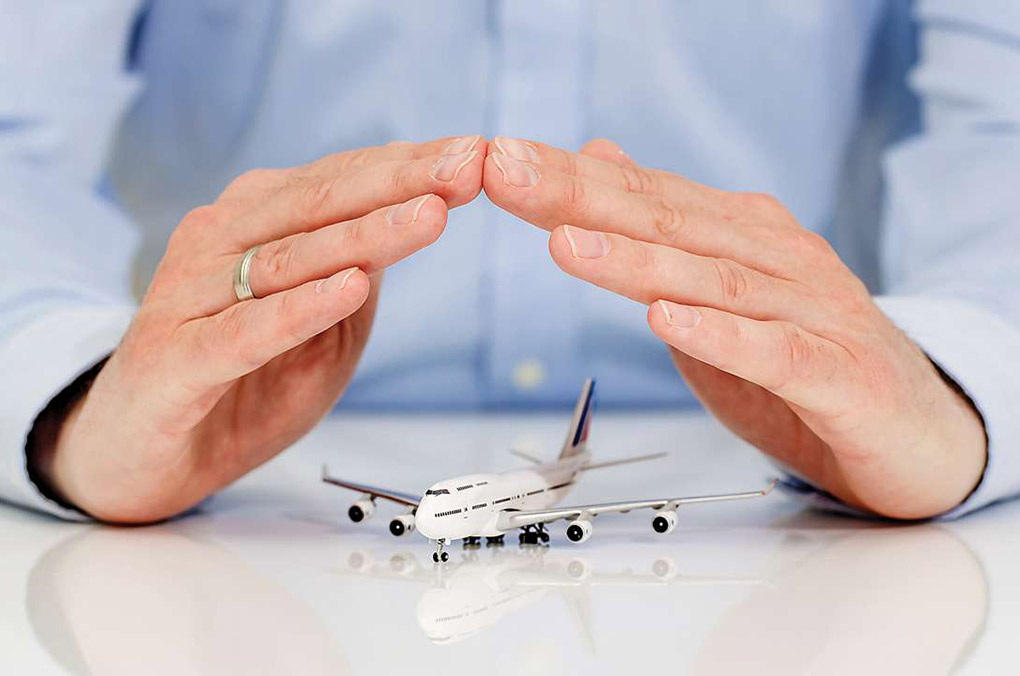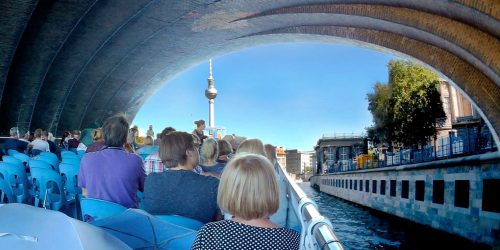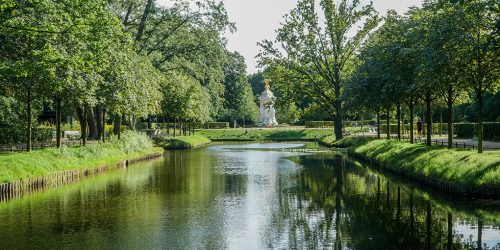Essential Tips and Suggestions for Traveling in Berlin
Berlin, the vibrant capital of Germany, is a city that offers an eclectic mix of history, culture, and modern attractions. Whether you’re a history buff, art lover, foodie, or just someone looking to explore a new city, Berlin has something for everyone. I’ll share essential tips and suggestions for traveling in Berlin, including packing lists, weather considerations, cultural insights, currency exchange, budgeting, using the metro system, street food recommendations, getting a local SIM card, and a detailed 5-day itinerary. Additionally, I’ll recommend a great travel insurance option and share my personal experiences to help you make the most of your trip.
Packing Essentials for Berlin
Clothing and Footwear
Berlin’s weather can be quite variable, so it’s important to pack accordingly:
- Spring (March to May): Light jackets, sweaters, and long-sleeve shirts are ideal. Don’t forget an umbrella or a raincoat as spring can be rainy.
- Summer (June to August): Light clothing like t-shirts, shorts, dresses, and sandals. Bring a light jacket for cooler evenings.
- Autumn (September to November): Layered clothing works best. Pack sweaters, long-sleeve shirts, a warm jacket, and scarves.
- Winter (December to February): Heavy winter coats, thermal wear, hats, gloves, and scarves. Berlin winters can be quite cold and occasionally snowy.
Comfortable walking shoes are a must as Berlin is a city best explored on foot.
Travel Essentials
- Travel Documents: Passport, visa (if required), travel insurance, and photocopies of important documents.
- Electronics: Phone, charger, power bank, and travel adapter (Germany uses Type F sockets).
- Toiletries: Basic toiletries, prescription medications, and a small first-aid kit.
- Reusable Water Bottle: Tap water is safe to drink, and a reusable bottle will help you stay hydrated and eco-friendly.
Understanding Berlin’s Weather
Berlin experiences a temperate continental climate, which means it has four distinct seasons. Summers are warm with occasional heatwaves, while winters are cold and can be snowy. Spring and autumn are transitional seasons with mild to cool temperatures and varying levels of precipitation. Always check the weather forecast before your trip and pack accordingly.
Local Culture and Etiquette
Berlin is known for its diverse and liberal culture. Here are a few cultural insights and etiquette tips:
- Punctuality: Germans value punctuality, so try to be on time for appointments and reservations.
- Greetings: A firm handshake is a common way to greet someone. Use formal titles (Herr/Frau) followed by the last name when addressing someone you don’t know well.
- Tipping: Tipping is customary but not obligatory. A 10% tip in restaurants and cafes is appreciated. Round up the fare for taxis.
- Recycling: Berliners are environmentally conscious. Use the recycling bins provided and return plastic bottles to stores for a small refund.
- Language: While many Berliners speak English, learning a few basic German phrases can be helpful and appreciated.
Currency Exchange and Budgeting
Currency
Germany uses the Euro (€). It’s advisable to exchange some money before you arrive, but ATMs are widely available for withdrawing cash. Credit and debit cards are accepted in most places, but it’s good to have some cash on hand for smaller establishments and markets.
Budgeting
Berlin can cater to all budget levels. Here’s a rough estimate of daily expenses:
- Budget Traveler: €50-70 per day (hostel dorms, street food, public transport)
- Mid-Range Traveler: €100-150 per day (mid-range hotels, casual dining, public transport)
- Luxury Traveler: €200+ per day (luxury hotels, fine dining, taxis/Uber)
Navigating Berlin’s Metro System

U-Bahn and S-Bahn
Berlin’s metro system is extensive and efficient, consisting of the U-Bahn (underground trains) and S-Bahn (suburban trains). Here’s how to navigate it:
- Ticket Types: Single tickets, day passes, and multi-day passes are available. A single ticket (AB zones) costs €3.00, while a day pass is €8.80.
- Ticket Validation: Validate your ticket at the yellow or red machines before boarding.
- Zones: Berlin is divided into three fare zones: A, B, and C. Most tourist attractions are in zones A and B.
- Timetable: Trains run from 4:30 am to 1:30 am on weekdays and 24 hours on weekends.
Purchasing and Using a Metro Card
You can buy tickets at machines located in every station or via the BVG (Berlin’s public transport company) app. The WelcomeCard offers unlimited travel on public transport and discounts at various attractions. Prices start from €23 for 48 hours.
Street Food Recommendations
Berlin is a paradise for food lovers, especially those on a budget. Here are some must-try street foods:
Currywurst
A Berlin specialty, currywurst is a steamed and fried pork sausage sliced and seasoned with curry ketchup. It’s typically served with fries. Head to Curry 36 or Konnopke’s Imbiss for the best currywurst in town.
Döner Kebab
Introduced by Turkish immigrants, the döner kebab has become a Berlin staple. It’s a delicious combination of meat, salad, and sauces wrapped in flatbread. Mustafa’s Gemüse Kebap is famous for its delicious and fresh döner.
Pretzels (Brezel)
A classic German snack, pretzels are soft, salty, and perfect for a quick bite. You can find them at bakeries and street stalls throughout the city.
Food Safety Tips
While street food in Berlin is generally safe, here are a few tips to ensure a pleasant dining experience:
- Choose stalls with high turnover to ensure food is fresh.
- Avoid food that’s been sitting out for a long time.
- Drink bottled or tap water; both are safe.
- Use hand sanitizer before eating if washing facilities are not available.
Getting a Local SIM Card
Staying connected while traveling is essential. Here’s how to get a local SIM card in Berlin:
Options
- Telekom: Good coverage, offers prepaid SIM cards.
- Vodafone: Reliable service, competitive pricing for prepaid options.
- O2: Affordable and widely available.
Where to Buy
SIM cards can be purchased at airports, major train stations, mobile network shops, and electronic stores like MediaMarkt or Saturn. Bring your passport for registration.
Plans and Prices
Prepaid plans typically cost around €10-20 and include data, local calls, and texts. Compare plans based on your data needs.
Planning a 5-Day Mini Trip in Berlin
Day 1: Historical Highlights
- Morning: Start at Brandenburg Gate, then visit the nearby Reichstag Building. Book a free tour of the dome for panoramic city views.
- Afternoon: Head to the Holocaust Memorial and explore its poignant Field of Stelae.
- Evening: Stroll along Unter den Linden and have dinner at a traditional German restaurant like Zur Letzten Instanz.
Day 2: Museum Island and Art
- Morning: Spend the morning at Museum Island. Visit the Pergamon Museum and the Neues Museum.
- Afternoon: Explore the Berlin Cathedral and climb to the dome for stunning views.
- Evening: Enjoy contemporary art at the East Side Gallery, a stretch of the Berlin Wall covered in murals.
Day 3: Modern Berlin
- Morning: Visit the Berlin TV Tower for a bird’s-eye view of the city.
- Afternoon: Discover the innovative exhibits at the German Museum of Technology.
- Evening: Experience the nightlife in Kreuzberg, with its vibrant bars and clubs.
Day 4: Parks and Markets
- Morning: Relax at Tiergarten, Berlin’s largest park. Rent a bike to explore its vast greenery.
- Afternoon: Visit the Turkish Market on Maybachufer (Tuesdays and Fridays) for food and crafts.
- Evening: Have dinner at Markthalle Neun, a food market with diverse culinary offerings.
Day 5: Potsdam Day Trip
- Morning: Take a regional train to Potsdam (about 45 minutes). Visit Sanssouci Palace and its beautiful gardens.
- Afternoon: Explore the Dutch Quarter and enjoy lunch at a local cafe.
- Evening: Return to Berlin and have a farewell dinner at a rooftop restaurant like Monkey Bar.
Budget Adjustment Tips
- Accommodation: Opt for hostels or budget hotels like Motel One or Meininger Hotels.
- Food: Enjoy affordable meals at street food markets and casual eateries.
- Transport: Use public transport and consider multi-day passes for savings.
- Attractions: Take advantage of free attractions and parks. Look for discount cards like the Berlin WelcomeCard.
Recommended Day Trips
1. Sachsenhausen Concentration Camp
A visit to Sachsenhausen offers a sobering insight into Germany’s history. Located about an hour from Berlin, you can reach it by train and then a short bus ride. Entry is free, but guided tours are recommended.
2. Spreewald
Explore the picturesque waterways of Spreewald, about an hour from Berlin. Rent a kayak or take a traditional punt boat tour. Don’t miss tasting the famous Spreewald pickles.
3. Wannsee
Just 30 minutes from Berlin, Wannsee offers beautiful lakeside views and sandy beaches. Visit the House of the Wannsee Conference for a historical perspective.
4. Dresden
A bit further afield (about 2 hours by train), Dresden is known
for its stunning Baroque architecture and art collections. The Zwinger Palace and Frauenkirche are must-see attractions.

Travel Insurance Recommendation
Travel insurance is a must for any trip. I recommend World Nomads for its comprehensive coverage and flexibility. Their policies cover medical emergencies, trip cancellations, lost luggage, and more. Plans are tailored to fit different travel needs, and you can purchase or extend coverage while on the road.
Personal Experience
On a previous trip, I had a minor medical issue and had to visit a local clinic. World Nomads’ 24/7 assistance and easy claims process made the situation much less stressful. I received reimbursement quickly and felt well-supported throughout the process.
Traveling to Berlin is an exciting adventure filled with historical landmarks, cultural experiences, and culinary delights. By following these essential tips and suggestions, you can make the most of your trip and enjoy everything this vibrant city has to offer. Pack wisely, budget smartly, and immerse yourself in the local culture for an unforgettable Berlin experience. Safe travels!







